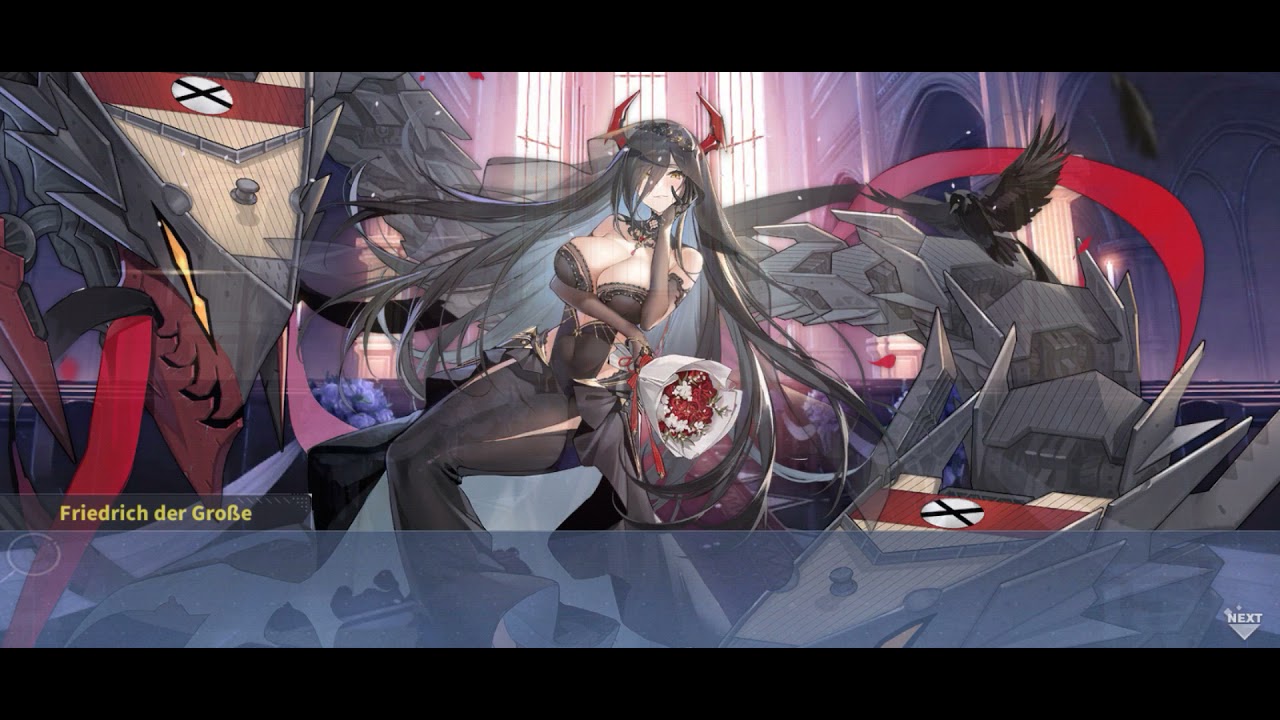In the high-stakes world of professional rugby, where meticulously crafted strategies meet the unpredictable chaos of the pitch, even the most formidable teams can find their grand designs reduced to dust. Such was the recent experience for Russian club Krasny Yar, following a crushing defeat against Strela-Ak Bars. Head coach Ulrich Beyers, known for his analytical approach, offered a candid post-match assessment, highlighting the precise moments where the team`s meticulously laid plans began to fray and ultimately, catastrophically, unravel.
The Blueprint for Victory: A Plan Derailed
Every rugby match begins with a vision – a carefully constructed blueprint detailing how points will be scored, how defense will hold, and how the opposition`s strengths will be nullified. For Krasny Yar, the initial phases of the game against Strela-Ak Bars reportedly saw moments where this vision could have materialized. “We did not utilize our opportunities in the first half,” Beyers stated, a sentiment that often echoes in the locker rooms of defeated teams. These missed chances are not merely points left on the scoreboard; they are crucial psychological blows, moments when momentum could have been seized, but was instead allowed to dissipate.
The Gradual Erosion: Small Errors, Grand Consequences
The second half, however, painted a starker picture of strategic breakdown. It`s often the `small things` that accumulate into insurmountable problems, and Beyers` commentary provides a classic illustration of this principle. He pointed to two critical areas of failure: “After the break, we lost the lineouts and scrums, making small mistakes.”
- Lineouts: These set-pieces are vital for gaining possession and territory. A lost lineout is a missed opportunity to launch an attack or relieve pressure, effectively handing the ball back to the opponent on their terms.
- Scrums: Similarly, scrums are fundamental contests of strength and technique. Losing them indicates a breakdown in foundational play, offering the opposition penalties or an attacking platform.
These are not spectacular, highlight-reel errors, but rather the quiet, persistent failures that chip away at a team`s control. Beyers` summation was stark: “On this, the entire game plan was destroyed.” It’s a sobering reminder that even the most brilliant tactical schemes are utterly reliant on flawless, or at least highly competent, execution of rugby`s core mechanics.
Beyond the Field: The Pressure Cooker
The intensity of such a match, especially one where a team is systematically outmaneuvered, can spill beyond the technicalities of the game. Reports accompanying Beyers` comments noted a particularly heated encounter, even mentioning a red card for Beyers himself, and an orange card for another player, Khantadze, in the context of Krasny Yar`s “crushing defeat.” While the specific circumstances surrounding the cards remain beyond the scope of this discussion, it paints a picture of a game fraught with tension, where frustration, when unchecked, can lead to disciplinary actions that further complicate an already dire situation. One might wonder if the unraveling of the game plan contributed to the fraying of nerves, a common, albeit regrettable, consequence in high-pressure sports environments.
The Unyielding Spirit: A Glimmer of Hope
Despite the unequivocal assessment of failure, Beyers concluded with a note of resilience. “I believe that we will be able to execute what we planned in the return leg.” This statement encapsulates the enduring spirit of competitive sport: the immediate post-mortem of defeat quickly gives way to the anticipation of redemption. The errors are acknowledged, the strategic missteps dissected, not for self-flagellation, but as critical data points for future success. The belief that the “plan” is still sound, and merely its execution was flawed, provides a pragmatic path forward.
Lessons from the Loss
Krasny Yar`s recent match serves as a potent reminder that in rugby, as in many complex endeavors, strategy is only as robust as its implementation. A well-conceived game plan is a prerequisite, but it is the consistent, disciplined execution of fundamental skills under pressure that ultimately determines the outcome. For coaches like Ulrich Beyers, the challenge is not just to devise ingenious tactics, but to instill the discipline and precision necessary to ensure that “small mistakes” do not utterly sabotage grand ambitions. The promise of a “return leg” offers not just another game, but another opportunity for execution to finally align with intent.

